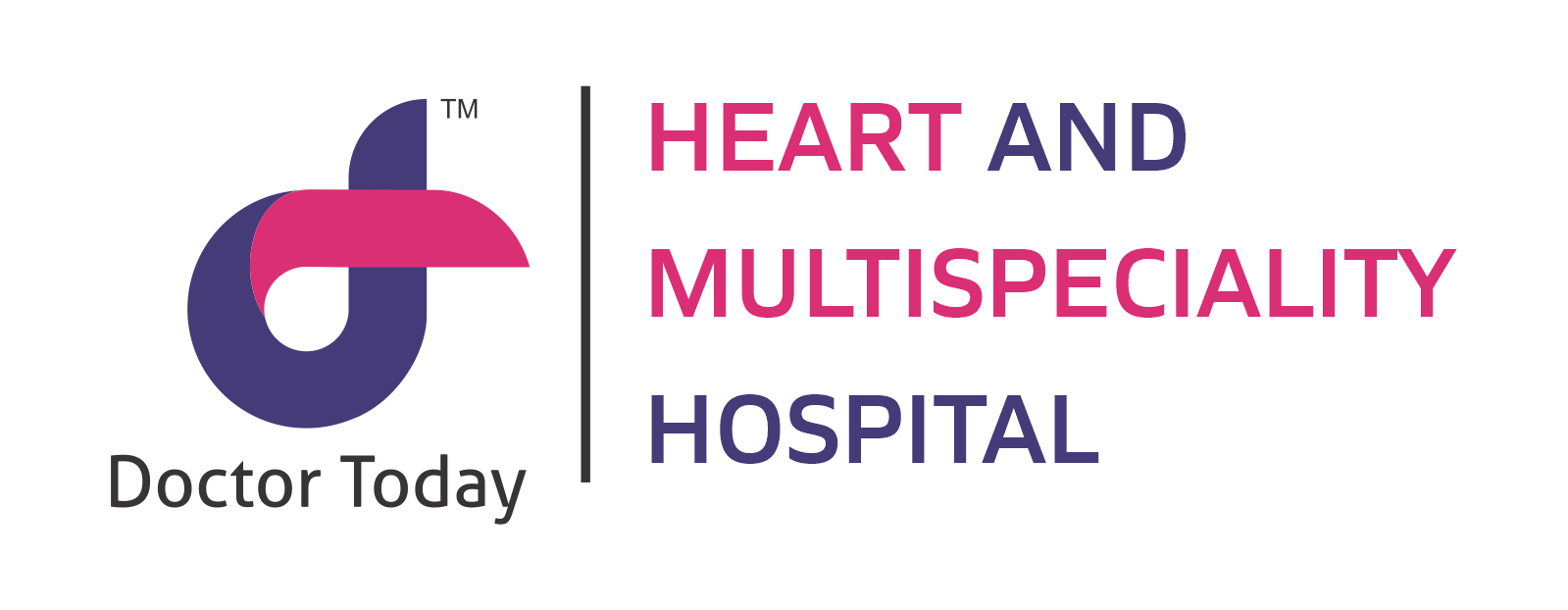Physiotherapy
Our Department of Physiotherapy helps patients to maximize their Quality of Life. Our team of Physiotherapists works closely with Medical Specialists, helping patients Post surgeries.
Physiotherapy provides services to develop maintain and restore maximum movement and functional ability throughout the lifespan. This includes providing services in circumstances where movement and function are threatened by ageing, injury, diseases, disorders, conditions or environmental factors. Functional movement is central to what it means to be healthy.
Physiotherapy is concerned with identifying and maximizing quality of life and movement potential within the spheres of promotion, prevention, treatment/intervention. This encompasses physical, psychological, emotional and social wellbeing. Physical therapy involves the interaction between physical therapist, patients/clients, other health professionals, families, caregivers and communities in a process where movement potential is assessed and goals are agreed upon, using knowledge and skills unique to physical therapists.
Standards of Treatment
We provide standard treatment and latest medical technology with best facility in our clinic.
Standards of Treatment
We provide standard treatment and latest medical technology with best facility in our clinic.
Standards of Treatment
We provide standard treatment and latest medical technology with best facility in our clinic.
Standards of Treatment
We provide standard treatment and latest medical technology with best facility in our clinic.
Medical laboratory and specialists services
Lorem ipsum dolor sit amet consectetur adipiscing elit sed do eiusmod tempor incididunt.
- Routine and medical care
- Excellence in Healthcare every
- Building a healthy environment.
- Routine and medical care
- Excellence in Healthcare every

Physiotherapy - FAQ's
Who needs physiotherapy?
Modern life is fast-paced and chock a block full of needs, demands, deadlines, and hassles. Everyone is running after something in emergency mode. As a result, back pain, knee pain, neck strains, etc. have become commonplace. People rely on all sorts of over-the-counter medications and painkillers to relieve them. However, they don’t think of visiting a physiotherapist until the problem has aggravated.
Although you do not need a physiotherapist for every sprain and ache, you must pay a visit when you have any of the following conditions.
- Loss of balance: You may feel a loss of balance if you have issues in your inner ear. Known as the vestibular system, certain structures inside your ear maintain your body’s balance system. So, any conditions affecting the inner ear can produce symptoms of vertigo, dizziness, and balance disturbance. Physiotherapy can help you to re-train your central nervous system and compensate for the vestibular problems.
- Chronic pain: If you have been in pain for more than a few days, you need to go to a physiotherapist. They can diagnose your problem and suggest a treatment plan.
- Before and after surgery: As surgeries can result in certain complications, getting physiotherapy is essential both pre and post operations.
- Neurological disease: Conditions like Parkinson’s disease, cerebral palsy, spinal cord injuries, and stroke can affect the patient’s movements severely. With physiotherapy treatment, they can’t get rid of the condition, but can surely have a better quality of life.
- Pregnancy: During pregnancy and after it, you have to pay extra attention to your body. The ligaments that support your back can soften due to hormonal changes. The muscles of your pelvic floor and stomach stretch as your baby grows. Without adequate joint support, injury to the pelvis and back can happen. Physiotherapy not only helps you to support your body but also helps you to recover faster.
Does physiotherapy really work?
The thought of participating in physiotherapy can bring a lot of questions to your mind. You may be concerned if it is worth the try or if it could bring you more harm than good. But rest assured that physiotherapy is very effective rehabilitation treatment in which trained professionals diagnose and treat any abnormalities in physical conditioning. Whether you have suffered a physical injury while playing a sport or sprained your neck during sleep, physiotherapy can help you in all kinds of situations where your mobility is affected.
Physical therapists help to improve and restore mobility in their patients. In many cases, patients have also been able to avoid expensive surgeries and long-term use of prescription medicines with physiotherapy.
What are the advantages of physiotherapy?
Physiotherapy uses a holistic approach to promote and maintain proper physical function and activity in individuals. You can find licensed physical therapists in various healthcare settings, including hospitals, rehab centers, home health, nursing homes, sports and fitness centers, etc.
They can help you with many things:
- Restoring mobility, maintaining physical activity, and enhancing overall health and wellness
- Preventing disease, injury, and disability
- Reducing or eliminating pain with therapeutic exercises and techniques like joint and soft tissue mobilization
- Strengthening the weakened parts of the body after a stroke
- Eliminating acute and chronic health conditions that limit activity and mobility
- Can help with diabetes and vascular diseases
- Helps patients manage the pain from arthritis, osteoporosis, or joint replacements.
- Physiotherapy at cardiac rehabilitation is focused on improving the quality of life through strength building and breathing exercises.
- Educating and developing support programs to reduce the chances of re-injury or re-occurrence of the conditions.
- Additionally, one can also get some specialized treatment for pelvic health and pain, bowel incontinence, fibromyalgia, urinary continence, and lymphedema.
What is physiotherapy treatment?
Physiotherapy is a customized physical therapy program that can be beneficial for individuals trying to return to their earlier levels of mobility and functionality. It is aimed at inculcating activities and lifestyle changes to prevent further injuries and bring overall well-being.
While the treatment for every individual is tailored to fit their specific conditions, the therapies that physiotherapist will choose can be broadly divided into the following.
- Manual therapies: Manual therapies include manipulation and mobilization techniques for the joints and spinal cord, stretching exercises, and manual resistance training.
- Exercise programs: Training programs like cardiovascular stretching, muscle strengthening, and posture retraining fall into this category.
- Electrotherapy techniques: These consist of laser therapy, diathermy, TENS or Transcutaneous Electrical Nerve Stimulation, and ultrasound.
Some other treatment methods include cryotherapy and Kinesio taping. Cryotherapy involves the application of heat or cold to the areas of muscle tightness. In the other method, Kinesio tape is directly applied to the skin to stabilize the joints and muscles of the patients during the treatment.
What conditions do physical therapists treat?
There are several conditions that physical therapists treat. Some of them are:
- Dizziness or vertigo due to inner ear issues
- Neurological disorders and strokes
- Temporomandibular joint dysfunction or jaw pain
- Pain in the neck and back
- Obstructions in the range of motion of the joints
- Blunt force injuries and other work or industry-related injuries
- Arthritis and chronic knee pain
- Burns
- Care after knee and hip replacement surgeries

